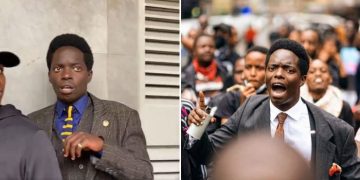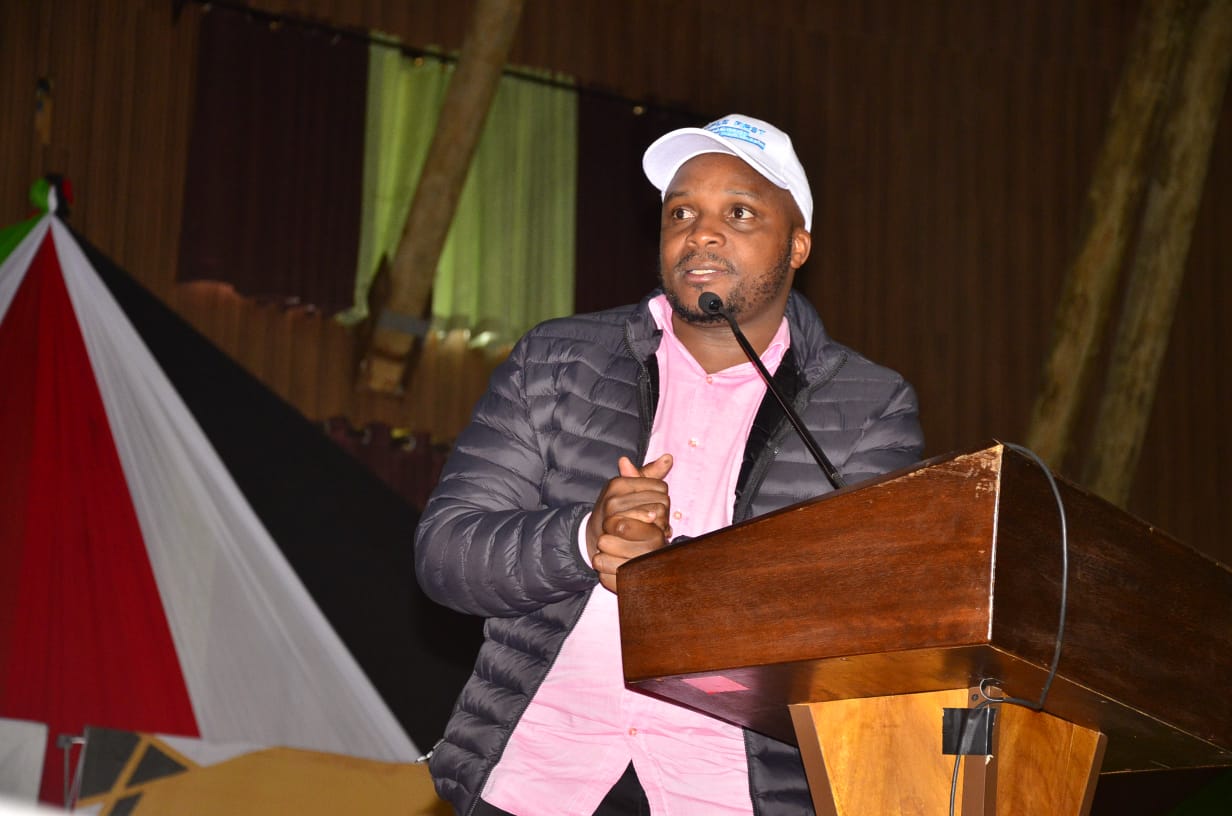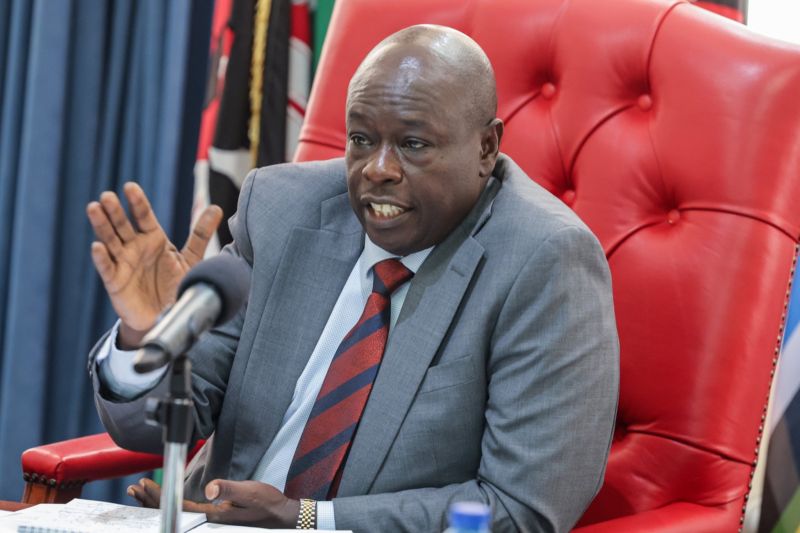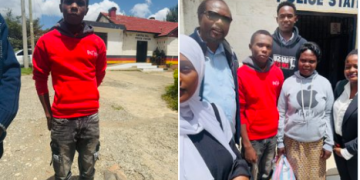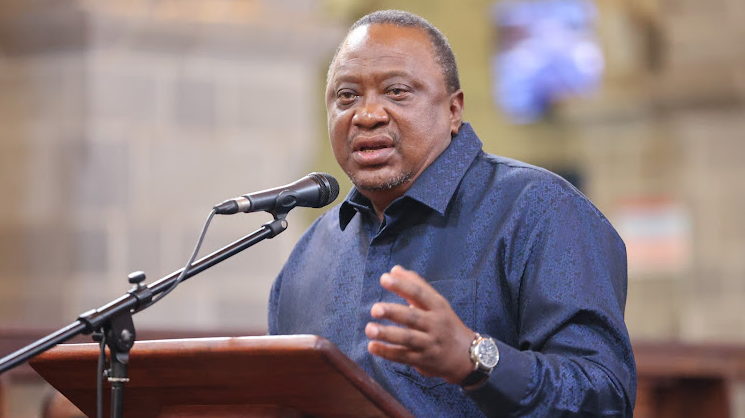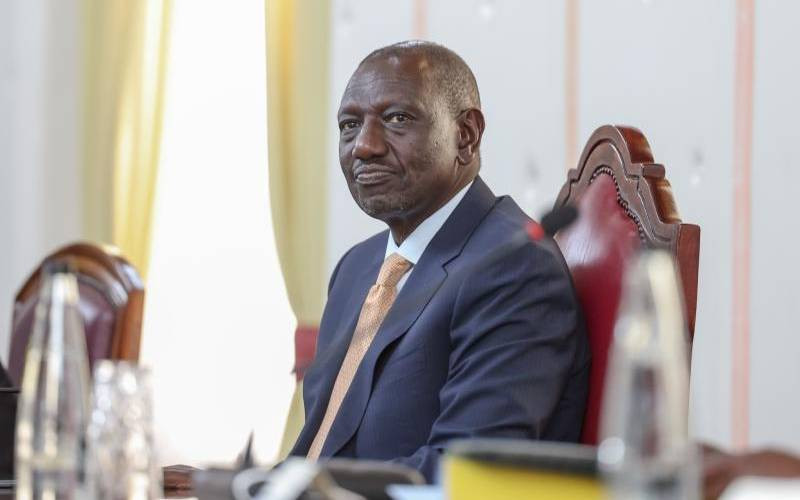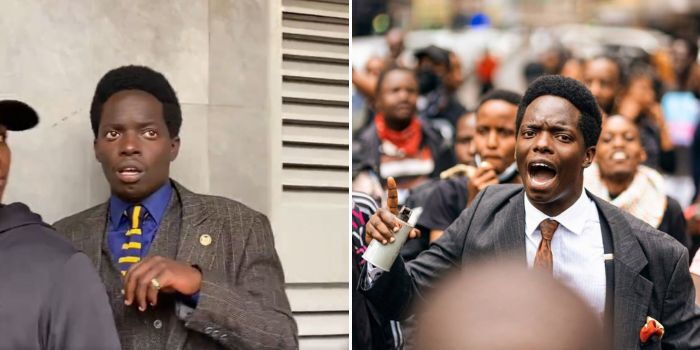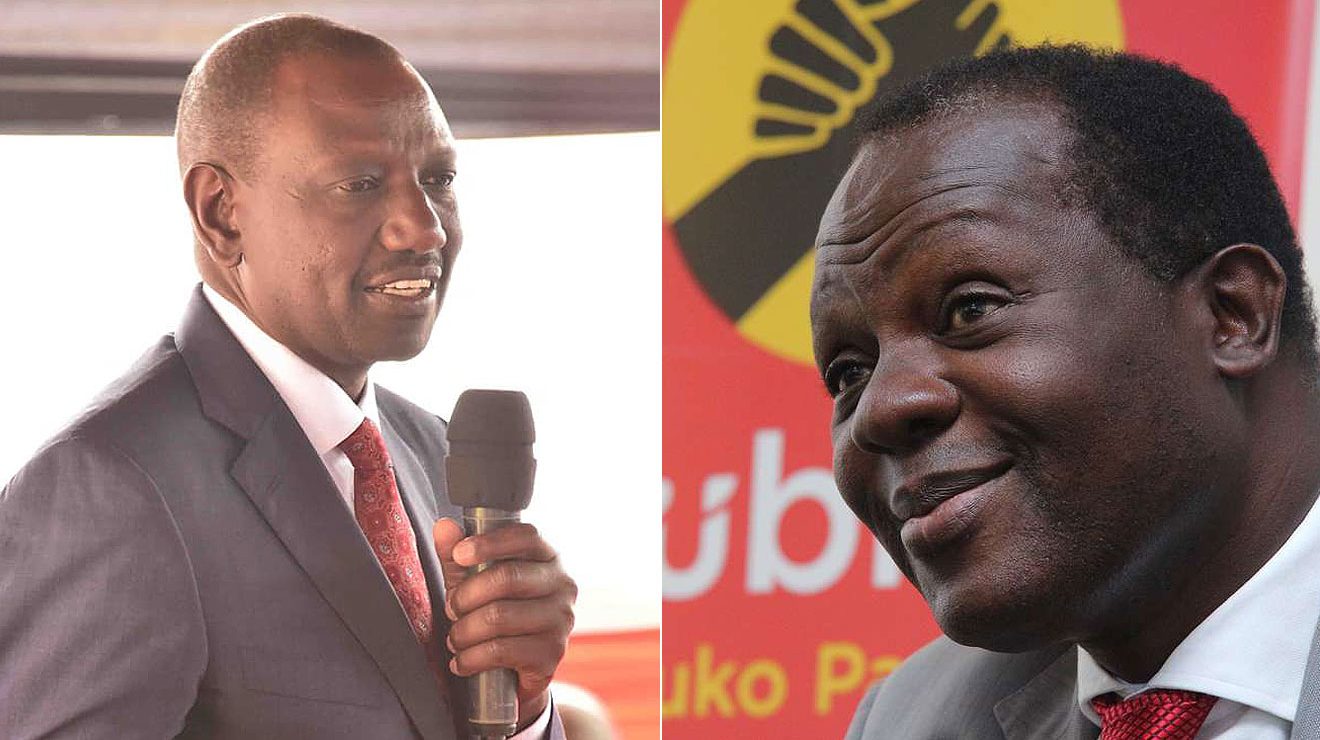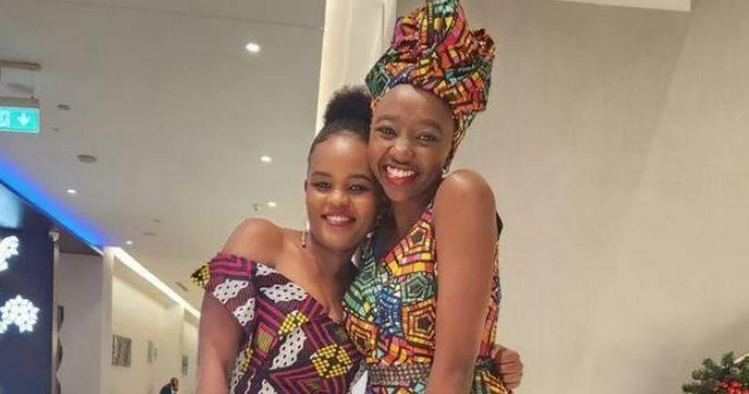Kasmuel MacOure’s Emotional Letter to President Ruto Sparks National Reflection on Justice, Youth, and State Accountability
In a heartfelt and scathing open letter titled “An Open Letter to the President of the Republic of Kenya”, Kasmuel MacOure—a youth leader and vocal member of the ODM Youth League—has issued an impassioned plea to President William Ruto, demanding justice for slain protestors, accountability from the government, and genuine engagement with Kenya’s disenfranchised youth.
The letter, which quickly went viral across Kenyan social media platforms, captures the raw emotion and unfiltered frustration of a generation that feels ignored, wounded, and betrayed.
“I write this because I am still alive. And I am alive either because I am a coward, or because I have been spared by chance,” MacOure begins, setting the tone for a powerful reflection on state brutality, generational trauma, and the erosion of democratic trust.
Using the language of science—particularly Newton’s laws of motion—MacOure frames the youth’s uprising as a force that emerged in response to years of inertia and repression. Referencing the historic protests against the 2024 Finance Bill, which culminated in the president declining to assent to the legislation, he explains:
“The youth bulge is an extraordinary mass. And for decades, this country has never summoned the force sufficient to move it. But in the second year of your rule, we found the force ourselves. We rose.”
However, that rising, he laments, was met with brutal suppression. He recounts scenes of violence during the demonstrations: peaceful youth armed with roses and placards meeting police batons, bullets, and tear gas.
“The smartphones that once streamed civic education now stream funerals. The water bottles, once used to rinse tear gas, now overflow with the tears of grieving parents. The white handkerchiefs now bear the four colours of our flag—but mostly red.”
MacOure does not mince words. He directly calls out what he describes as systemic theft masquerading as public service, unchecked police brutality, and state indifference to the suffering of Kenya’s youth. With righteous anger, he appeals not for pity, but for accountability.
“I do not want a job. I do not want money. I want justice.”
In a deeply symbolic plea, MacOure challenges the President to “shake my hand,” not as a gesture of allegiance, but as an act of restoration and recognition of a wounded generation.
“Shake my hand, Mr. President. I need it now, for my generation. We are nearing a year since the blood of our comrades soaked this soil—and not one of their killers has been brought to justice.”
In the most prophetic and ominous moment of the letter, he invokes scripture:
“If we do not get justice, the writing is already on the wall. Mene, mene, tekel, upharsin.”
The letter has triggered widespread discussion online, with hashtags like #JusticeForYouth, #MacOureSpeaks, and #MeneTekelUpharsin trending nationally. Many Kenyans, particularly young people, have resonated with the message—some echoing the call for justice, others demanding a formal response from State House.
Political commentators say the letter underscores a growing chasm between the government and the country’s youthful majority. With a median age of just 19, the Kenyan populace is becoming increasingly vocal and unwilling to tolerate impunity.
While the President is yet to respond publicly, MacOure’s letter stands as both a demand and a warning—a rallying cry from a generation that refuses to remain silent.
“The youth are not a special interest group. We are the republic.”
If justice does not answer, this generation will.

